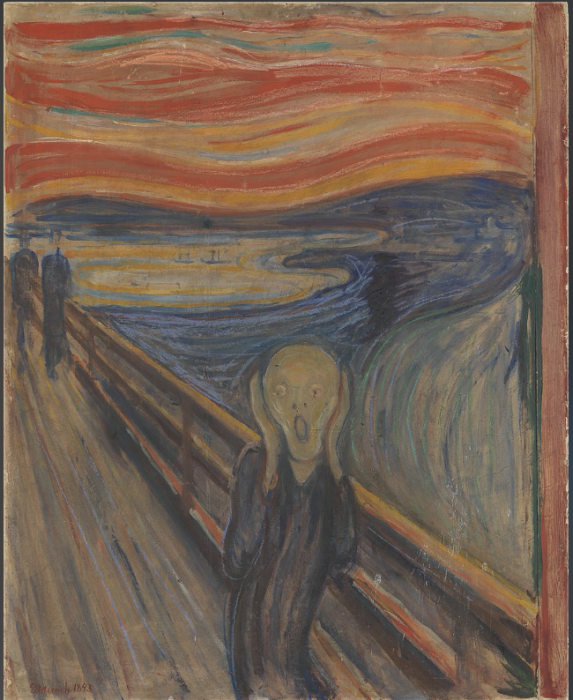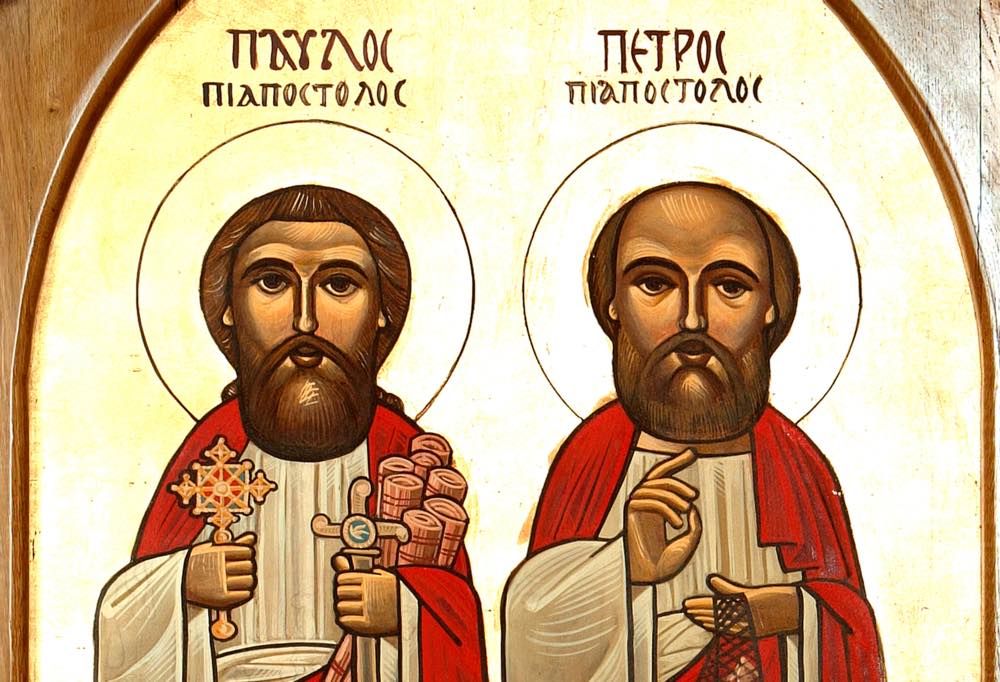Rev José Mario O Mandía
jmom.honlam.org
Is hell for real? Should we still believe in it?
Yes. As long as a man is free, hell is a possibility.
But if we are to understand what hell is, we need to understand what freedom is and what mortal sin is.
FREEDOM
We have discussed freedom in detail in Bite-Size Philosophy (nos 47 & 48). Freedom is both an awesome and a terrible power. It is an awesome power that enables us to accept God’s plan for unending and unlimited joy, to say “Yes” to Him. But it is also a terrible power. It is the terrible power of being able to say “No” to Him and to keep Him out of our lives now and forever.
Our freedom is made in the image and likeness of God’s freedom (cf Genesis 1:26). Thus, God made it sacred and inviolable. God will not allow any creature, not even angels or devils, to touch that freedom. Not even He Himself will violate it (cf CCCC 213). Hence, “[b]efore a man are life and death, and whichever he chooses will be given to him” (Ecclesiasticus / Sirach 15:17).
Jesus uses the parable of the wedding feast (Matthew 22:1-14; Luke 14:7-14), to remind us of the power of our freedom.
MORTAL SIN
Every mortal sin is a complete turning away from God and turning towards creatures, especially towards oneself. It is a refusal of everything that God could ever give us, a closing of one’s heart to Him. When death finds us in this state, the heart is sealed forever. CS Lewis writes in The Great Divorce: “There are only two kinds of people in the end: those who say to God: ‘Thy will be done;’ and those to whom God says, in the end, ‘THY will be done.’”
This is what “hell” means. “To die in mortal sin without repenting and accepting God’s merciful love means remaining separated from him for ever by our own free choice. This state of definitive self-exclusion from communion with God and the blessed is called ‘hell’” (CCC 1033). Hell is an eternal solitary confinement. Sorry, no wi-fi there.
Saint John Paul II thus taught that hell “is not a punishment imposed externally by God but a development of premises already set by people in this life” (Audience, 28 July 1999). In other words, hell is a self-inflicted self-isolation from everything that is good. If heaven is the state where our tears will be wiped dry (cf Isaiah 25:8; Revelation 7:17, 21:4), hell is the state of eternal frustration, where “men will weep and gnash their teeth” (Matthew 22:13).
Hell is not God’s creation – it is of our own making. “Eternal damnation, therefore, is not attributed to God’s initiative because in His merciful love He can only desire the salvation of the beings He created. In reality, it is the creature who closes himself to his love. Damnation consists precisely in definitive separation from God, freely chosen by the human person and confirmed with death that seals his choice for ever. God’s judgement ratifies this state” (Saint John Paul II, Audience, 28 July 1999).
Mortal sin is a complete rejection of God, from whom comes everything that can make us happy. It is a turning towards oneself, from which nothing good can ever come, because everything we have has been given to us. “The chief punishment of hell is eternal separation from God, in whom alone man can possess the life and happiness for which he was created and for which he longs” (CCC 1035).
This is why “Jesus often speaks of ‘Gehenna’ of ‘the unquenchable fire’ reserved for those who to the end of their lives refuse to believe and be converted, where both soul and body can be lost (cf Matthew 5:22, 29; 10:28; 13:42, 50; Mark 9:43-48)” (CCC 1034).
So if hell is not a scare tactic, why talk about it? The CCC (1036) gives two reasons for the teaching on hell.
First of all, it is “a call to the responsibility incumbent upon man to make use of his freedom in view of his eternal destiny.”
Secondly, it is “an urgent call to conversion.” Remember how Our Lord wept over Jerusalem and declared, “How often would I have gathered your children together as a hen gathers her brood under her wings, and you would not! Behold, your house is forsaken and desolate” (Matthew 23:37-38). He could very well say the same of each unrepentant soul. He does not want “that any should perish, but that all should reach repentance” (II Peter 3:9). (Image credit: The Scream 1895 by Edvard Munch)


 Follow
Follow


